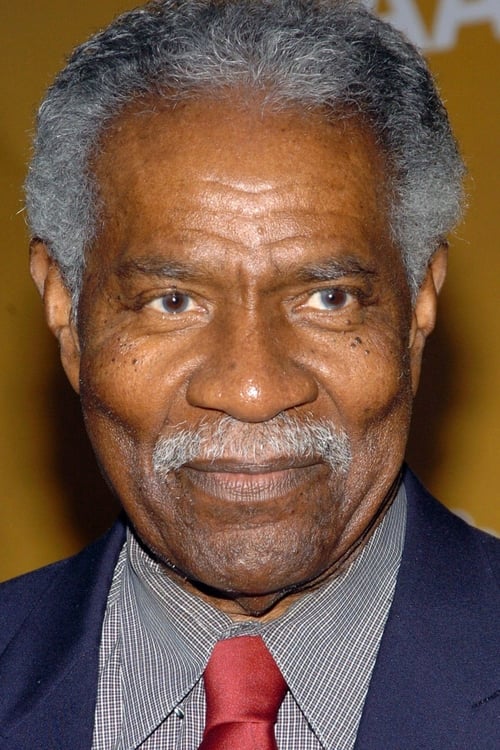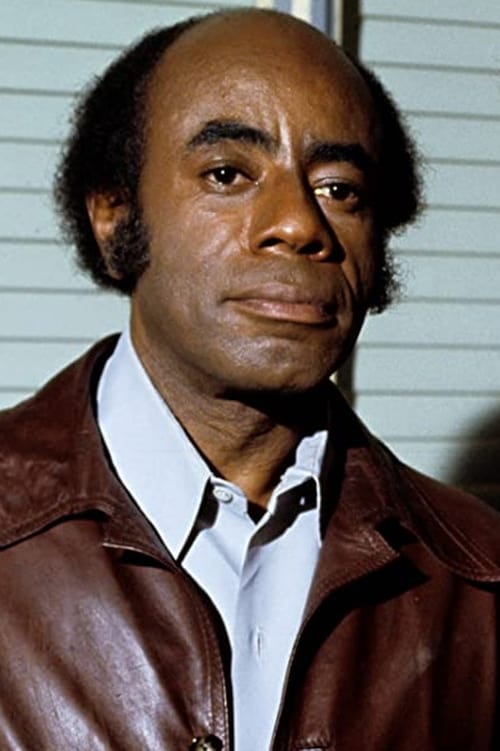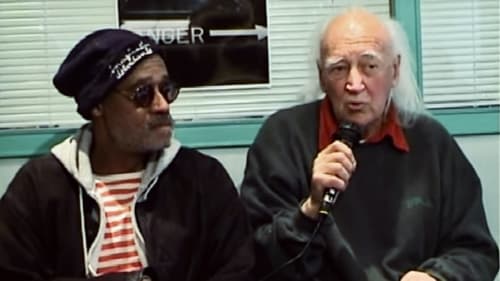Marcus Garvey: Toward Black Nationhood (1984)
Género : Documental
Tiempo de ejecución : 45M
Sinopsis
A documentary, combining archival material and live interviews with Marcus Garvey, Jr., and others, which introduces the life and work of the pioneer Black nationalist leader Marcus Garvey.
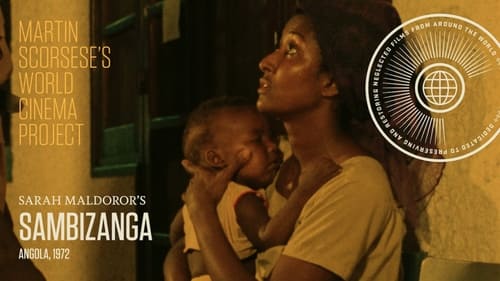
Historia sobre la represión de un miembro del movimiento de liberación angoleño y de la búsqueda constante de su mujer con su hijo, la cual va revelando cómo funciona la lógica burocrática del colonialismo. Sambizanga de hecho es el nombre de un barrio obrero de Luanda donde estaba la cárcel portuguesa en la que fueron encerrados, torturados y asesinados numerosos militantes angoleños. El 4 de febrero de 1961, el MPLA atacó la prisión. La película empieza con la detención del líder revolucionario Domingos Xavier por oficiales portugueses. Le llevan a la cárcel de Sambizanga donde será torturado hasta la muerte si no delata a sus compañeros disidentes. La película sigue a María, la mujer de Domingos Xavier, que va de prisión en prisión en un intento por saber qué ha sido de su marido.
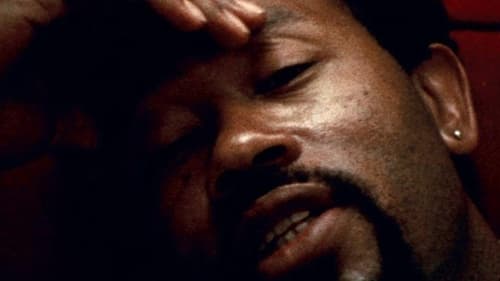
The portrait of Eldridge Cleaver, the "Minister of Information" for the Black Panthers movement, in exile in Algiers.
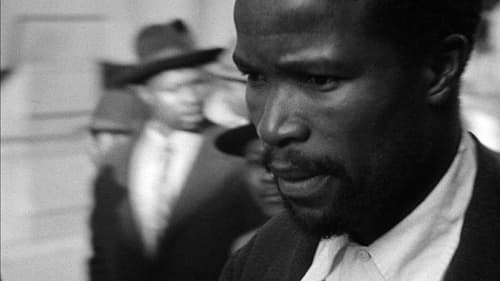
Come Back, Africa chronicles the life of Zachariah, a black South African living under the rule of the harsh apartheid government in 1959.
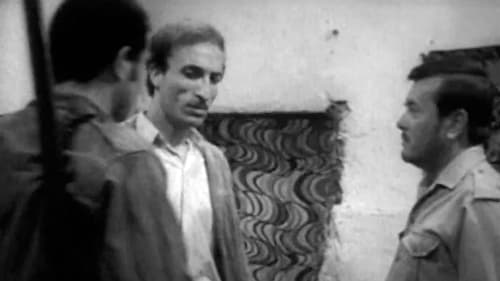
Directed by Sid Ali Mazif.

This uneven and uninspired documentary of Africa is a collection from various stock footage. Female dancers in mod clothes dance on the Eiffel Tower in comparison to the primitive dances of native Africans. A lone runner trains for a marathon, and a few animals are shown in their natural habitat. Commentary and modern jazz and pop music help to make this seem much longer than 66 minutes.

The essay by René Vautier, "Déjà le sang de Mai ensemençait Novembre", starts with the recapitulation of the representations of Algeria throughout the history of visual arts in France in an effort to explore the causes for the quest for independence.
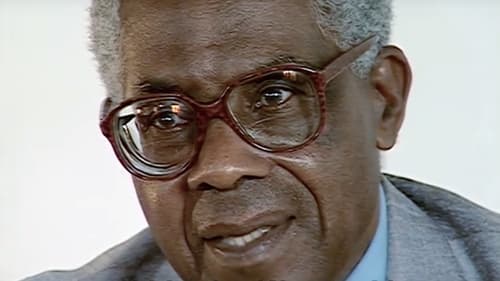
A three-part study that introduces audiences to the celebrated Martinican author Aimé Césaire, who coined the term "négritude" and launched the movement called the "Great Black Cry".

Directed by Amar Laskri.
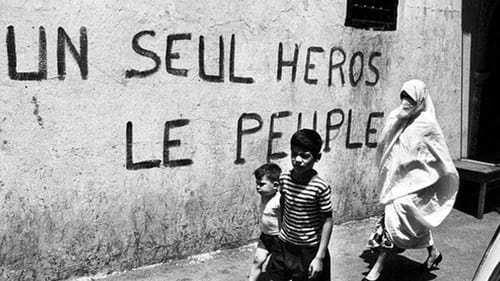
Collectively made Algerian film.

Directed by Ahmed Bedjaoui et al.
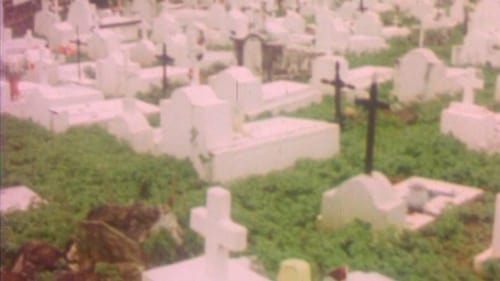
For 'Et les chiens se taisaient' Maldoror adapted a piece of theatre by the poet and politician Aimé Césaire (1913–2008), about a rebel who becomes profoundly aware of his otherness when condemned to death. His existential dialogue with his mother reverberates around the African sculptures on display at the Musée de l'Homme, a Parisian museum full of colonial plunder whose director was the Surrealist anthropologist Michel Leiris.
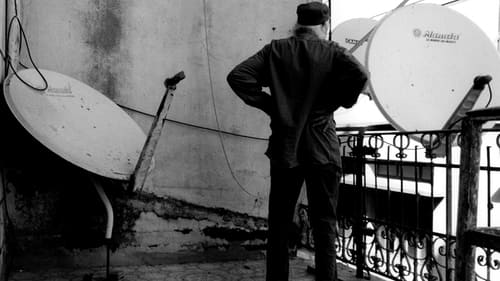
A documentary road movie with René Vautier
In the aftermath of Algeria's independence, René Vautier, a militant filmmaker, considered "the dad" of Algerian cinema, set up the cine-pops. We recreate with him the device of itinerant projections and we travel the country in ciné-bus (Algiers, Béjaïa, Tizi Ouzou, Tébessa) to hear the voices of the spectators on the political situation, youth and living conditions of men and Of women today.
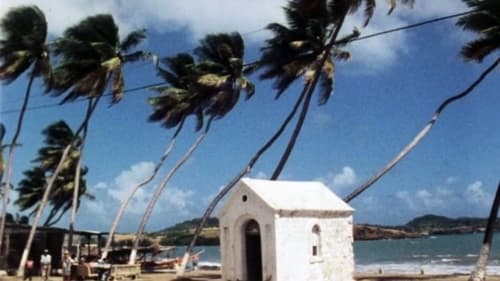
A film by Sarah Maldoror

A moving recording of the late writer and renowned jazz singer Abbey Lincoln is captured in this new film from Brooklyn-born director Rodney Passé, who has previously worked with powerhouse music video director Khalil Joseph. Reading from her own works, Lincoln’s voice sets the tone for a film that explores the African American experience through fathers and their sons.

Shortly after his death in 2008, Maldoror made this film about her longtime friend and collaborator, the Négritude poet Aimé Césaire. In this film, she retraces the steps of Césaire’s travels across the globe — particularly back to his hometown in Martinique, where Maldoror interviews his relatives about his life — and her working relationship with Césaire, including fragments of her previous films about him, Un homme, une terre (1976) and Le masque des mots (1987).

Emily’s boyfriend has turned into a zombie overnight. She has successfully tied him to the bed frame with a phone charger, but not before he was able to bite her. With nothing to aid her other than a phone and a musical keyboard, a weak and tired Emily must figure out how to prevent herself becoming a zombie before it’s too late.

